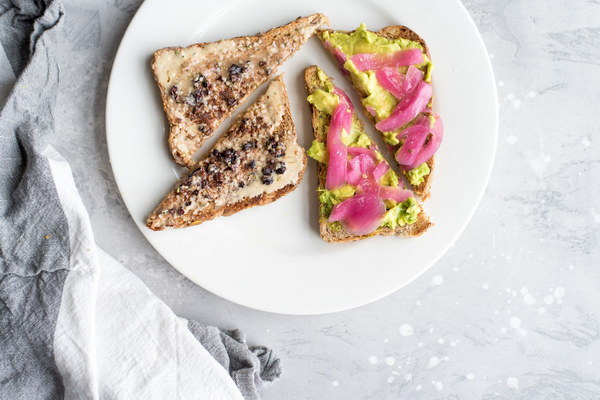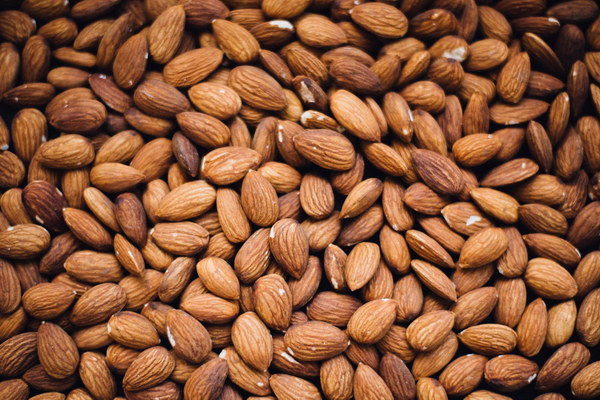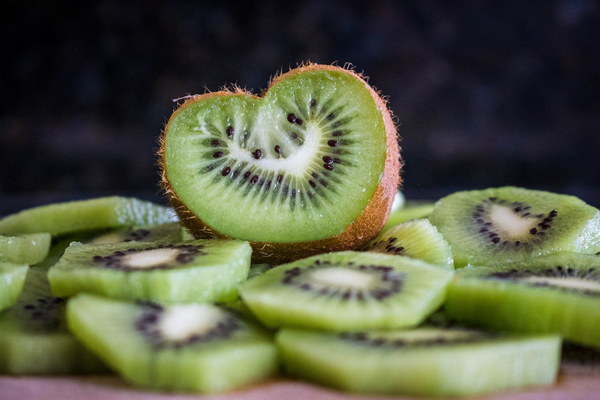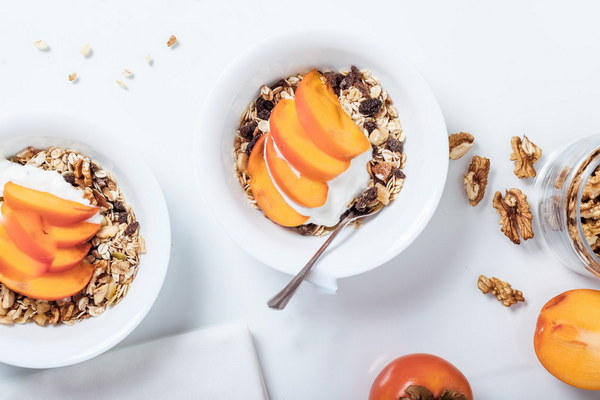DoctorApproved Elixirs Unveiling the Healing Power of Herbal Teas
In the realm of wellness, the term herbal tea often conjures up images of soothing relaxation and traditional remedies. However, in the eyes of medical professionals, these brews are much more than mere comfort items; they are potent agents of health and wellness. This article delves into the world of herbal teas as seen through the lens of healthcare experts, exploring their benefits, potential drawbacks, and the role they play in a balanced lifestyle.
Herbal Tea: A Brief Overview
Herbal teas are made from the leaves, flowers, roots, or fruits of various plants. They have been consumed for centuries in many cultures for their supposed medicinal properties. Unlike black, green, or white teas, herbal teas do not contain caffeine and are caffeine-free, making them a popular choice for those looking to unwind without the jittery side effects of coffee.
Benefits of Herbal Teas
1. Immune System Support: Many herbal teas are rich in antioxidants, which help to boost the immune system and fight off free radicals. Chamomile tea, for example, has been shown to enhance the body's ability to combat infections.
2. Digestive Health: Peppermint, ginger, and fennel teas are known for their ability to soothe the digestive tract and reduce symptoms of indigestion, bloating, and gas.
3. Stress Reduction: Chamomile, valerian root, and passionflower teas have calming effects on the mind and body, making them excellent for managing stress and improving sleep quality.
4. Heart Health: Some herbal teas, such as hibiscus tea, have been found to lower blood pressure and cholesterol levels, thereby reducing the risk of heart disease.
5. Anti-Inflammatory Properties: Herbs like turmeric and green tea contain compounds that have anti-inflammatory effects, which can help alleviate symptoms of conditions such as arthritis and inflammatory bowel disease.
Potential Drawbacks
While herbal teas offer numerous health benefits, it is crucial to be aware of potential drawbacks. Some teas can interfere with medication, exacerbate certain medical conditions, or interact with other supplements. For instance, St. John's Wort tea can interact with blood thinners, and senna tea can lead to dehydration and electrolyte imbalances if consumed in excessive amounts.
Doctor-Approved Teas
Healthcare professionals recommend the following herbal teas based on their safety and efficacy:

1. Chamomile: Known for its calming effects, chamomile is safe for most individuals, including pregnant women and children. It can be consumed regularly as a nighttime tea to promote relaxation and improve sleep.
2. Ginger: Ginger is a versatile herb that can be used to alleviate nausea, indigestion, and inflammation. It is safe for most people but should be avoided by those with certain gastrointestinal issues.
3. Peppermint: Peppermint tea is excellent for soothing the digestive tract and reducing symptoms of irritable bowel syndrome (IBS). It is generally safe for most individuals but may cause heartburn in some cases.
4. Green Tea: Packed with antioxidants, green tea can improve cardiovascular health and aid in weight loss. It is safe for most people, but excessive consumption may interfere with sleep and increase the risk of osteoporosis.
5. Hibiscus: Hibiscus tea has been shown to lower blood pressure and cholesterol levels. It is safe for most individuals but should be avoided by those with iron-deficiency anemia.
In Conclusion
Herbal teas are a valuable addition to a wellness regimen when used responsibly. With the guidance of healthcare professionals, individuals can harness the healing power of these brews to improve their health and overall well-being. By choosing doctor-approved teas and being mindful of potential side effects, tea enthusiasts can enjoy the benefits of these ancient remedies without compromising their health.









